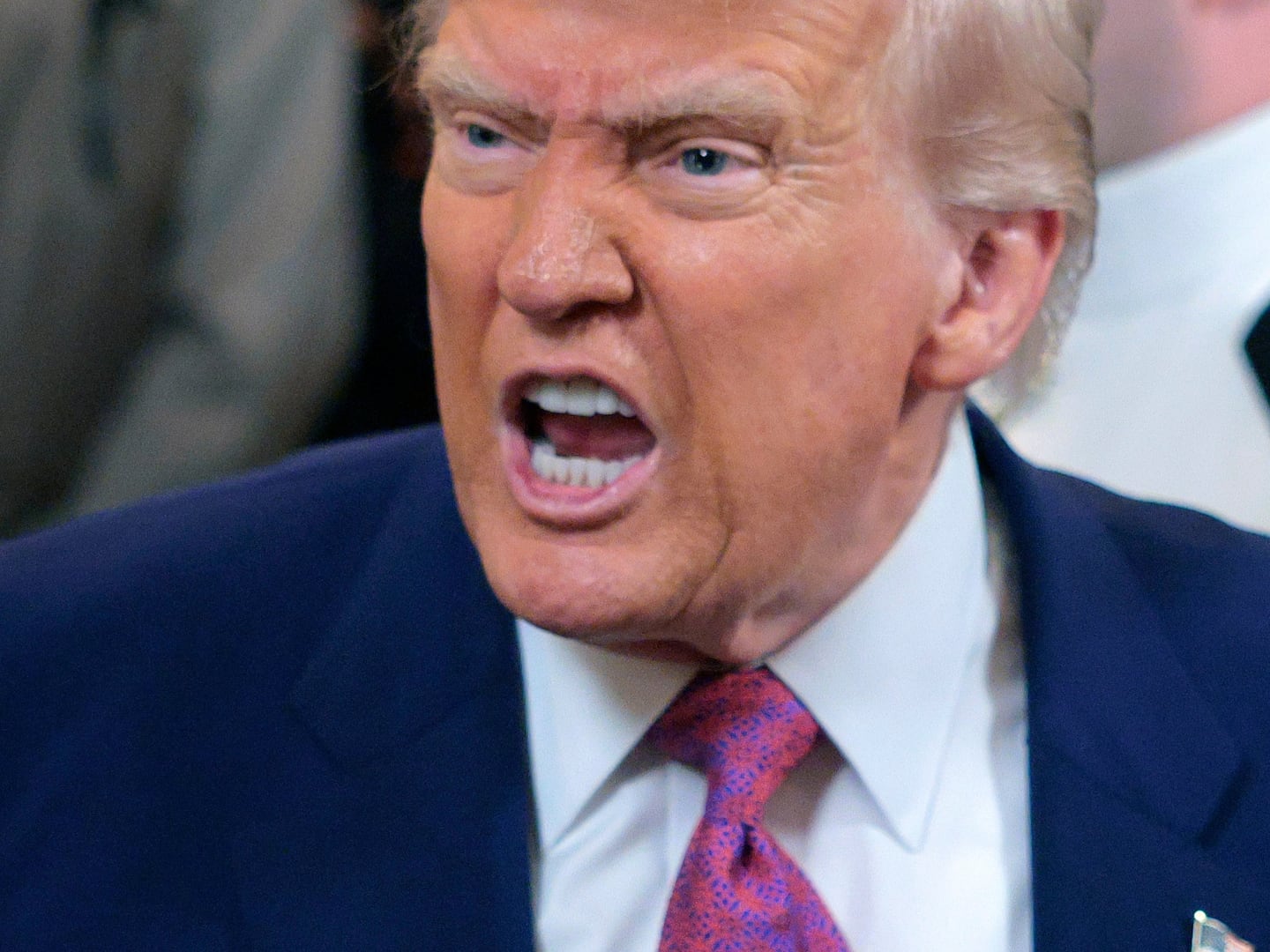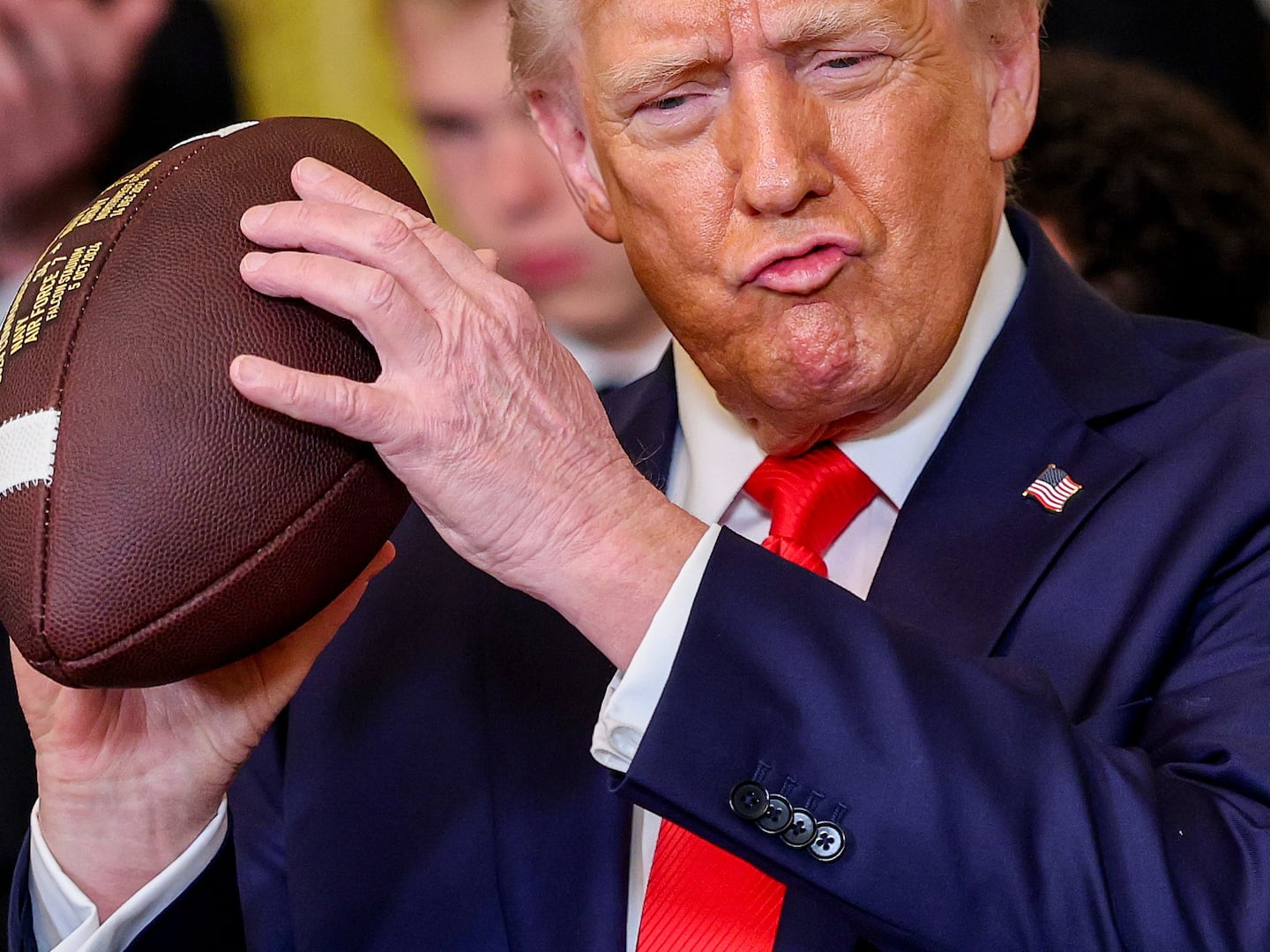Pakistan has a new army chief. Judging by the media coverage, one might as well think that a middle-sized kingdom has just changed its monarch. General Raheel Sharif, we are told, is a professional soldier with little interest in politics. His predecessor, General Ashfaq Kayani, commanded the world’s sixth largest army for six years and did not take power in a military coup. Kayani had broken from the tradition of General Pervez Musharraf, the commander before him, who staged a coup in 1999 and went on to rule for almost a decade.
Pakistan is a constitutional democracy, which had its first transfer of power in its 66-year history from one elected civilian government to another in June. But its history has been dominated by the army, undoubtedly the most powerful institution in the country. It is natural, therefore, for everyone to take an interest in the man who heads the Pakistan army. But the focus on the individual also offers an opportunity to the Pakistani military to create a mirage of change in direction when no change has effectively occurred.
As an institution, Pakistan’s army has a rather static worldview. It sees India as the country’s existential enemy and considers asymmetrical warfare, including the use of jihadi terrorist proxies, as a legitimate instrument of national defense. Successive Pakistani commanders have also looked upon Afghanistan as Pakistan’s sphere of influence where outside powers should have no role. Pakistan’s paucity of resources has led its generals to turn to the United States for arms and aid. In the absence of a convergence of interests, Pakistan has sought U.S. assistance by offering a quid pro quo in America’s strategic concerns of the day.
In my recent book Magnificent Delusions: Pakistan, the United States and an Epic History of Misunderstanding (Public Affairs, 2013) I have shown how the transactional relationship between Pakistan’s military and the United States has benefitted neither country. Pakistan now faces an existential threat from jihadi terrorists who have killed more Pakistanis over the last several years than foreigners. Pakistan’s army has fought the terrorists intermittently but it has failed to change the national attitude that it created itself—that jihadi militancy is integral to protecting Pakistan’s integrity.
The commentary on the appointment of General Sharif as the new army chief is similar to that we have all read in the past about his predecessor, General Kayani. But the new commander, we are told, represents a new beginning. He is non-political, opposes terrorism and is pro-Western. Ironically, all these qualities were also attributed to Kayani. The only difference, based on media reports, would be that Sharif likes cigars while Kayani preferred cigarettes. But the simplified narrative emanating from Islamabad about the new commander’s virtues may overshadow the more significant continuities in the Pakistan army’s institutional thinking.
Given Pakistan’s history, an army chief can stage a coup whenever he likes. It is easier in an environment of near-chaos, such as the violent demonstrations of 1968-69, which enabled General Yahya Khan’s assumption of power, or the protests of 1977, which served as General Zia-ul-Haq’s excuse for his coup. But General (later Field Marshal) Ayub Khan took power in 1958 without major violence in the streets preceding the coup. General Musharraf, too, reacted only to his own removal from the office of army chief in 1999, not to political circumstances. Once the decision to stage a coup has been made, circumstances and reasons for it are easy to manufacture.
To his credit, General Kayani chose not to stage a coup. Instead he used the fear of an imminent or possible coup to pressure civilian actors into adopting policies preferred by him and the army. Had he been a coup-maker, he could have taken power right after former Prime Minister Benazir Bhutto’s assassination in December 2007 or at a number of other occasions. But passing up on coup-making opportunities may not be the accomplishment it is made out to be.
Kayani’s real legacy is the ability of the army chief to rule without reigning. The Pakistan army’s new model is the non-coup coup, one that does not overthrow a civilian government but forces it to embrace policies dictated by Army Headquarters. Under Kayani, the Pakistan army took control of Pakistan’s national narrative with the help of the judiciary and the media. Civilian leaders could not fulfill their promises of better ties with India and Afghanistan or of isolating and fighting jihadi terrorists without qualification.
Pakistan continues to enhance its nuclear arsenal despite its weak economy and its army still sees India, not terrorism, as the major threat confronting the country. In Afghanistan, too, Pakistan’s support for the Taliban and the Haqqani network endures. Pakistan needs a change of direction away from the xenophobia and paranoia fed by its controlling army. Until that happens, a change of generals will make little difference.
Husain Haqqani served as Pakistan’s ambassador to the United States from 2008 to 2011. He is a senior fellow at Hudson Institute and Professor of International Relations at Boston University. His book ‘Magnificent Delusions: Pakistan, the United States and an epic history of misunderstanding’ was published by Public Affairs earlier this month.





